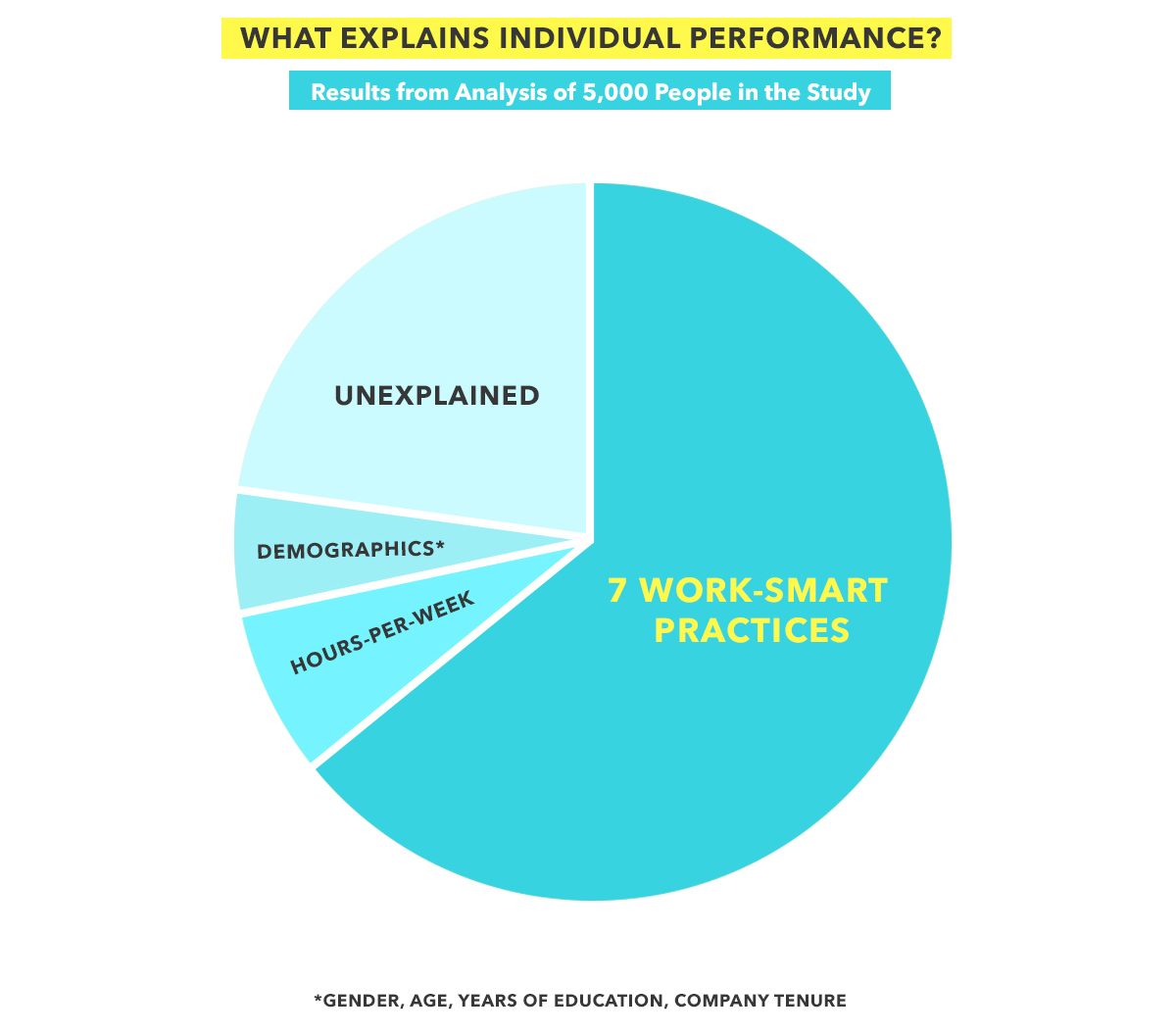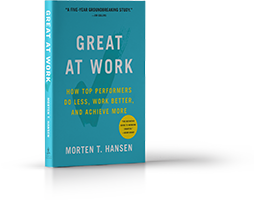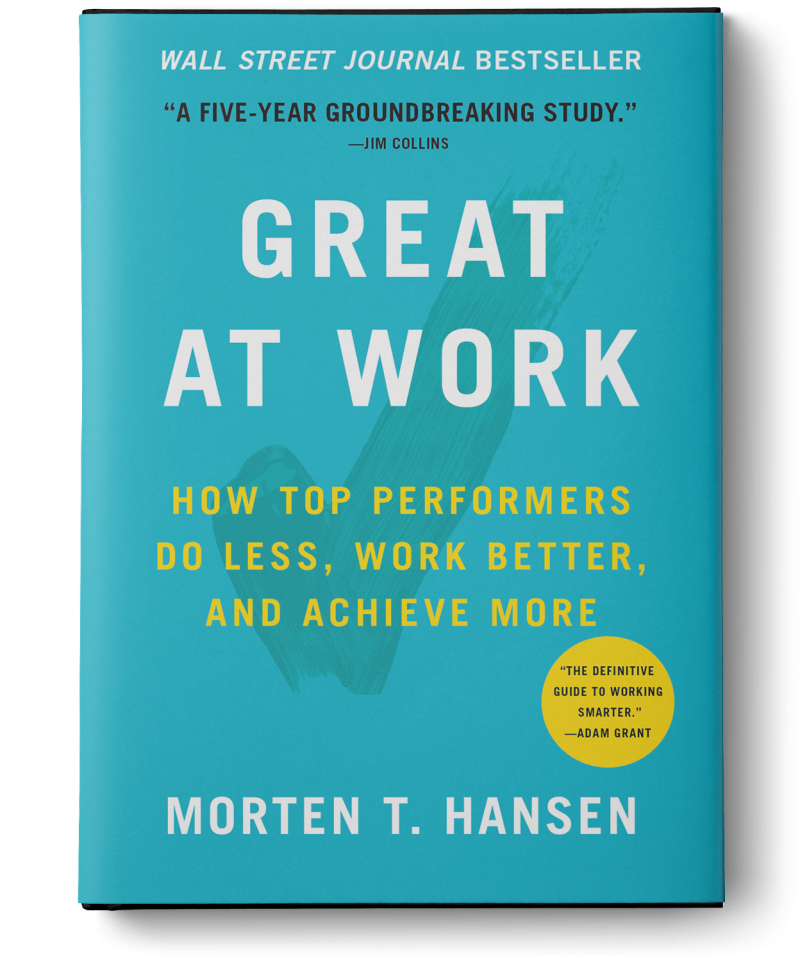Why Some People Naturally Perform Better at Work Than Others
If you’ve ever wondered why some people perform better than others, it’s tempting to chalk it up to talent. How often have we heard phrases like “She’s a natural at sales” or “He’s a brilliant engineer”? Talent is a convenient explanation because it puts our own ability to excel outside of our control.
The importance of talent is touted in popular leadership materials, as well. The influential book The War for Talent, for example, argues that a company’s ability to recruit and retain talent determines its success. And the wildly popular Strengthsfinder approach centers around talent, advocating for finding a job that taps into your natural strengths, and then focusing on developing those further.
Talent-based explanations are deeply embedded in our perceptions of what makes for success—but are they right? Not exactly.
Some work experts take issue with the talent view. They argue that an individual’s sustained effort is just as or even more critical in determining success. One variant of this “work hard” paradigm suggests that high performers have grit, persevering against obstacles over the long haul when their less successful colleagues give up. In another, high performers maximize efforts by simply doing more. They load up on assignments and are busy running to lots of meetings. The belief is that working hard is the key to success.
Talent and effort undoubtedly explain why some succeed and others don’t, but these arguments don’t explain the performance differences I’ve observed between equally hard-working and talented people.
In a study for my new book, we tested the impact of seven key work-smart practices on individual job performance. It turned out these practices went a long way toward explaining differences in performance. In fact, they accounted for a whopping 66 percent of the variation in performance among the 5,000 people in our dataset.

By contrast, other factors we tested, such as educational background, company tenure, age, gender and hours worked, combined to account for only 10 percent of the differences in performance. The other 24 percent was unexplained and possibly included factors such as luck or talent.
Does talent matter? Sure. Some people are more natural at sales, for example. But these results suggest that talent is not the most important factor when it comes to explaining job performance. How people work matters more than natural talent. The next time you see a very “talented,” high-performing person at work, watch how they work.
Adapted from Quora.

Why do some people perform better at work than others?
Morten Hansen reveals the answer in his “Seven Work Smarter Practices” that can be applied by anyone looking to maximize their time and performance.


